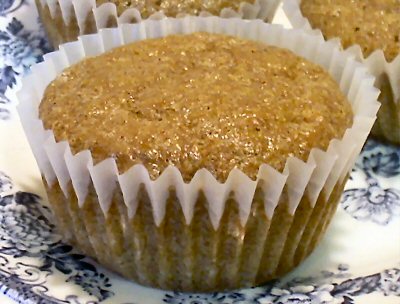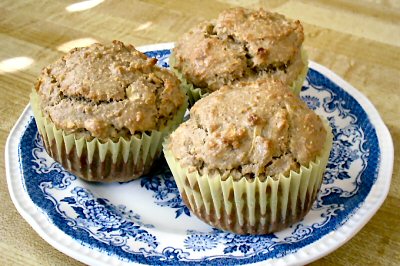Sugar Is a and Here’s How We’re Hooked
Introduction:
Sugar, that sweet, addictive substance found in many foods, is a significant source of pleasure for many people. However, what most don’t realize is that sugar can have similar addictive properties to drugs, potentially leading to serious health consequences. In this article, we will explore why sugar is so addictive and how we can overcome its negative impact on our lives.
The Science Behind Sugar Addiction:
1. Dopamine Release: Sugar consumption triggers the release of dopamine, a neurotransmitter associated with pleasure and reward, creating a sense of euphoria and satisfaction.
2. Insulin Response: Insulin, a hormone produced by the pancreas, helps regulate blood sugar levels. Consuming excessive amounts of sugar can lead to insulin resistance, which affects how the body processes sugar, potentially contributing to weight gain and related health issues.
3. Activation of Reward Pathways: Sugar stimulates the same neural pathways in the brain as addictive substances, leading to cravings and reinforcing the desire for more sugary foods.
Breaking the Sugar Addiction:
Overcoming sugar addiction requires a combination of awareness, determination, and healthy lifestyle choices. Here are some effective strategies to help you reduce sugar intake and break free from its grip:
1. Educate Yourself: Understand how sugar affects your body and the health risks associated with excessive consumption.
2. Reduce Added Sugars: Limit your intake of added sugars found in processed foods, sugary drinks, and desserts.
3. Replace Sugary Treats: Opt for healthier alternatives like fruits, nuts, and dark chocolate.
4. Limit Processed Foods: Processed foods often contain high amounts of added sugars. Choose whole, unprocessed foods instead.
5. Stay Hydrated: Drink plenty of water to combat cravings and promote satiety.
6. Balanced Meals: Eat a balanced diet that includes protein, healthy fats, and complex carbohydrates for long-lasting energy.
7. Stay Active: Regular exercise helps regulate blood sugar levels and improves mood, reducing the likelihood of turning to sugar for comfort.
Supporting Behavior Changes:
1. Seek Support: Connect with others trying to reduce their sugar intake or join a support group.
2. Set Realistic Goals: Set achievable goals and reward yourself for progress.
3. Be Mindful: Pay attention to your body’s hunger and fullness cues.
4. Read Labels Carefully: Be aware of the amount of added sugars in packaged foods.
5. Prepare Nutritious Meals: Cook healthy meals at home, giving you more control over what you consume.
Conclusion:
Sugar addiction is a serious issue that affects many people worldwide. However, by understanding its science, we can take steps to overcome its negative impact. Through conscious choices, balanced nutrition, and behavior changes, it is possible to break the cycle of sugar addiction and enjoy a healthier, more fulfilling life. Remember, small consistent efforts over time can lead to significant long-term benefits, allowing you to regain control of your health and well-being.
-
PERFECT LC PANCAKES
LESLIES PERFECT LC PANCAKES1 cup almond flour (3 ounces)1/4 teaspoon b
-
LOW CARB CREPES
LOW CARB CREPES8 ounces cream cheese, softened3 eggs1 tablespoon granu
-
LITTLE DINNER ROLLS
LITTLE DINNER ROLLS1/4 cup unsalted butter1/2 cup water1 tablespoon gr
-
CHEDDAR BISCUITS
CHEDDAR BISCUITS4 eggs1/4 cup butter, melted1/4 teaspoon salt1/2 teasp
-
GARLIC BREAD
GARLIC BREAD4 ounces cream cheese, softened3 eggs1/3 cup heavy cream1/
-
MOCK CORN BREAD WITHOUT CARBQUIK
NANCYS MOCK CORN BREAD WITHOUT CARBQUIK1 cup almond flour, 4 ounces3/4



